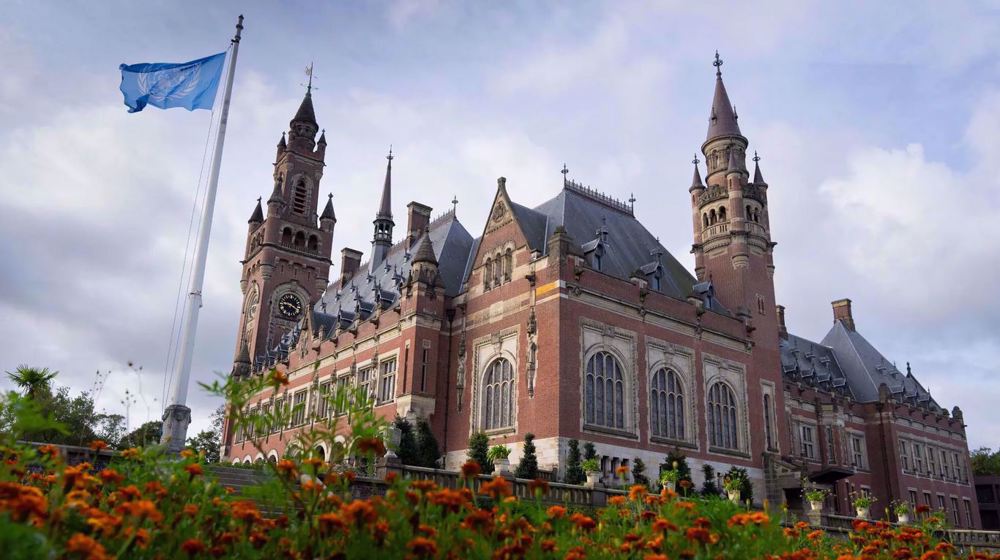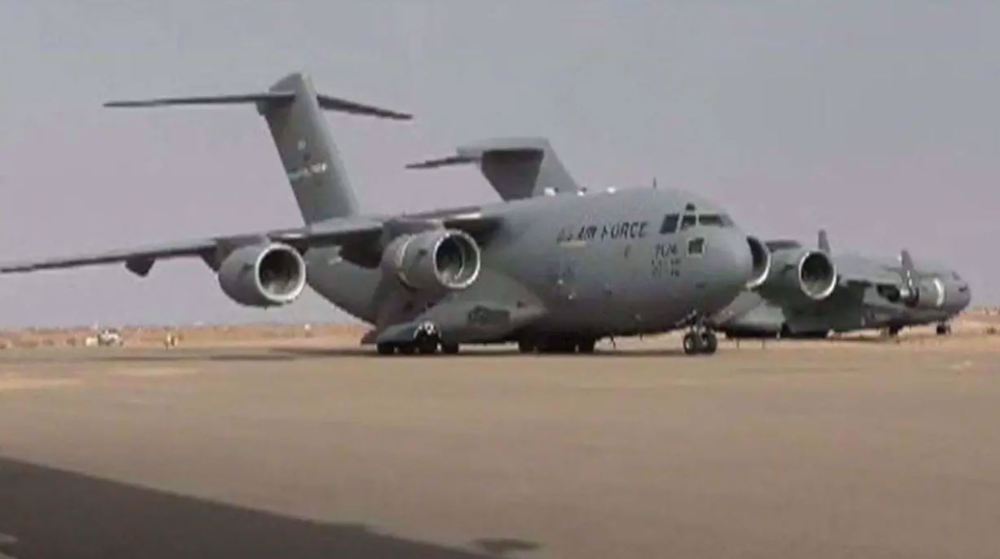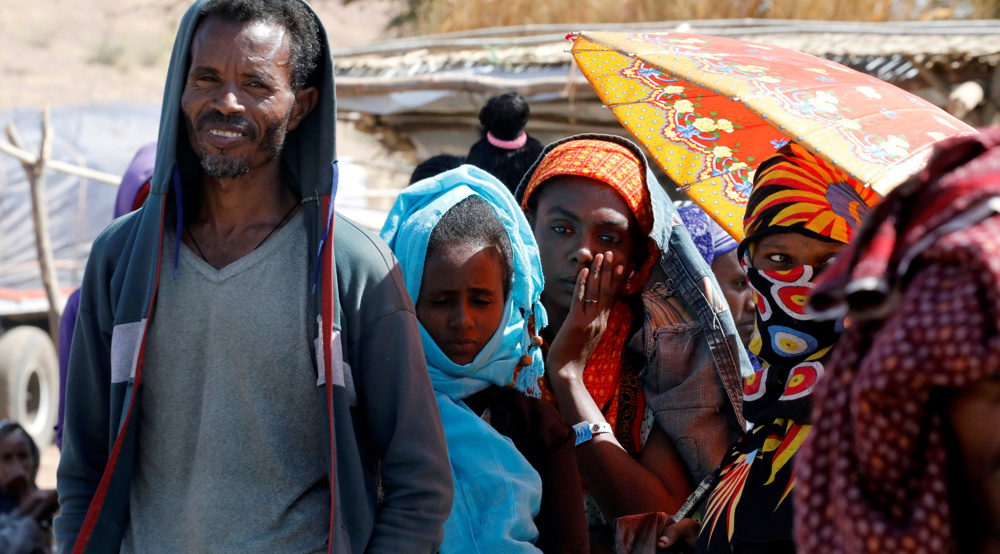Sudan PM in Ethiopia for settlement of refugee crisis
Sudanese Prime Minister Abdalla Hamdok is in Ethiopia to discuss the conflict in the northernmost region of Tigray against the backdrop of the flee of thousands of Ethiopians into Sudan.
Ethiopian Prime Minister Abiy Ahmed welcomed his Sudanese counterpart at the airport in the capital Addis Ababa on Sunday.
“I look forward to having productive discussions on political, humanitarian and security matters of common concern,” Hamdok said in a post on Twitter.
Later in the day, Abiy said he had had good discussions with the Sudanese delegation, "during which we reached an understanding on various issues that will further augment cooperation between our two countries”.
He further noted that Hamdok has expressed support for the offensive against the Tigray People's Liberation Front (TPLF) during face-to-face talks.
"The Sudanese side reiterated their solidarity with the government of Ethiopia in the law enforcement operations it has been undertaking," Abiy’s office said in a statement.
Hamdok’s visit came two weeks after the Ethiopian leader declared victory in the fight against the regional government in Tigray.
An unnamed senior Sudanese government source had earlier said Hamdok planned during his two-day visit to present his country's concerns about threats to its security along its border with Tigray, with an offer to mediate in the conflict.
Abiy made no mention of an offer from Sudan to mediate, but his spokeswoman Billene Seyoum dismissed any proposal as unnecessary.
She further said the military altercation has ceased with the command of Mekelle, the regional capital of Tigray, claiming that remnants of rebel forces loyal to the TPLF have fled.
Abiy, last year's Nobel Peace Prize winner, ordered an army offensive in the restive region of Tigray on November 4, in response to a deadly attack on an army base that killed at least 54 people.
He accused the TPLF, the region’s ruling party, of having staged the attack.
Abiy has resisted international pressure to bring about a cessation of hostilities.
He says mediation can only happen when the TPLF is disarmed and its leaders arrested.
Thousands of people have been killed, according to the International Crisis Group think tank, and more than 50,000 Ethiopians have fled to refugee camps across the border in Sudan.
Human rights groups say they have documented at least one large-scale massacre in the region, and that others are feared.
The crisis also risks destabilizing the wider Horn of Africa region.
Sudan, one of the world’s poorest countries, is now faced with the massive influx. UN agencies were mobilizing resources and trying to assist the refugees, who have been arriving in growing numbers with few possessions or provisions.
People continue to flee Ethiopia after Abiy declared victory in the conflict on November 28, and reports of fighting continue in the Tigray region, which remains largely cut off from the world.
Abiy has dismissed reports of ongoing clashes as "sporadic gunfire" not indicative of major combat.
Regional experts have suggested that Sudan could use its control over key border crossings as leverage to press both sides in Ethiopia to talk. But so far there are no public signs it is doing so.
Israeli strike on Lebanon kills at least 15 people
Israeli forces kill 7 more Palestinians in West Bank
VIDEO | US presidential election
Netanyahu fires military affairs minister Gallant
Hezbollah attacks turn Israel’s Haifa into a ghost town
Iran’s FM meets Pakistani PM, discusses bilateral ties, Israeli atrocities
Iran ramps up gasoline output amid rising demand
UK foreign secretary under pressure over denial of genocide in Gaza
















 This makes it easy to access the Press TV website
This makes it easy to access the Press TV website